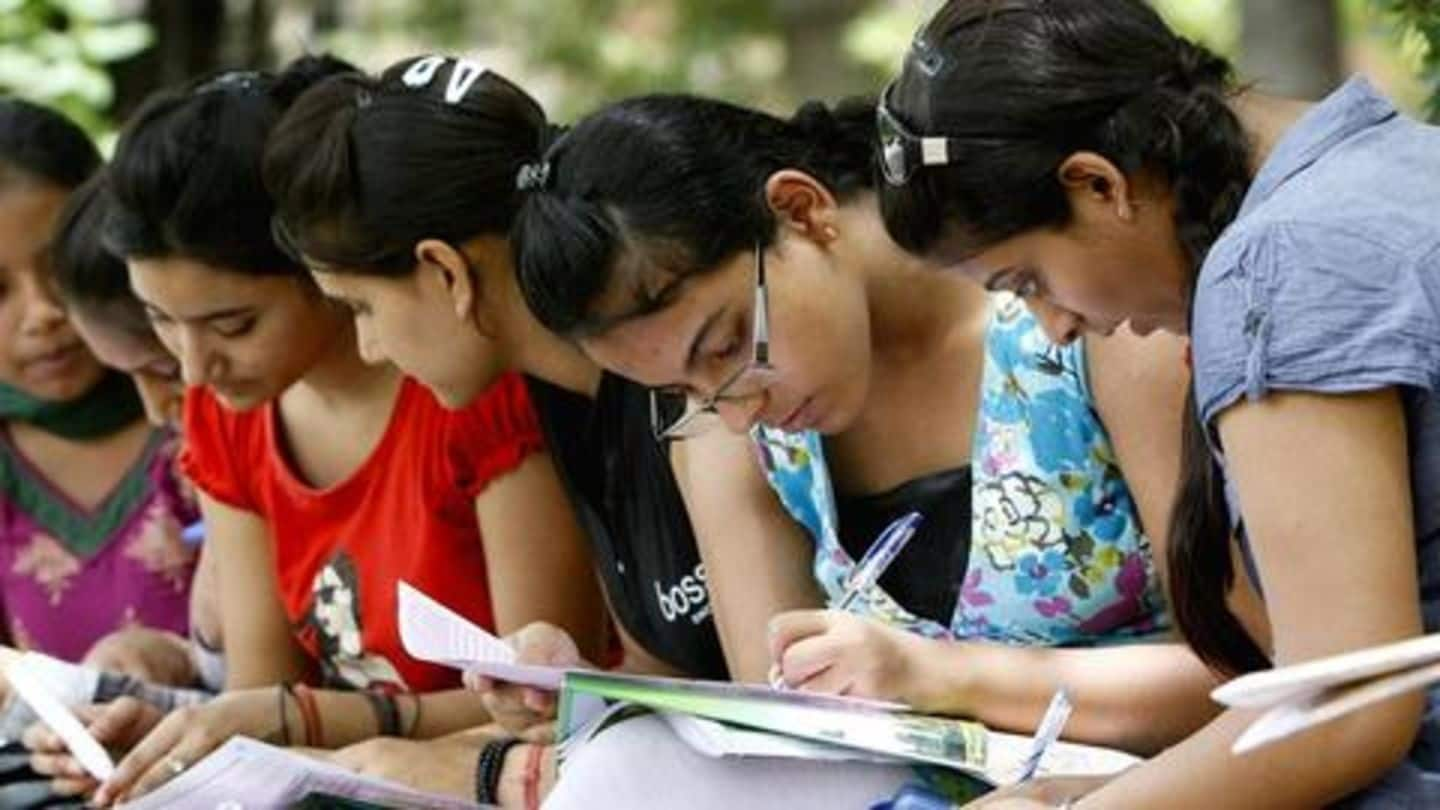
#CareerBytes: Tips to remember while making UPSC IAS preparation notes
What's the story
The UPSC Civil Services Examination (CSE), popularly known as the IAS exam, is one of the toughest examinations. However, with the right preparation, one can crack the exam.
Note-making is an important part of the UPSC CSE preparation process. It helps in understanding a topic clearly and also in quick revision and better retention.
Here are some tips for making notes for UPSC preparation.
#1
Keep separate notebooks for each subject, organize notes properly
The first and most important thing to do for effective note-making is maintaining separate notebooks for each and every subject or paper.
If not separate notebooks, one must at least keep a book with separators for different subjects. Organizing notes in a proper manner is very important for exam preparation.
One should try to follow the Q&A format for notes as much as possible.
Information
#2: Don't take notes blindly, focus on what you're writing
For taking notes during in classroom, aspirants should avoid writing blindly whatever the teacher is dictating and instead understand the concept first properly. They should focus on what the teacher is explaining, be an active listener, and then note down whatever they have understood.
#3
Handwritten notes or E-notes: Which is better?
When it comes to note-making, many UPSC aspirants have a common question of whether handwritten notes are better or E-notes.
However, both handwritten notes and E-notes are good in their own way. While handwritten notes are good for better retention, E-notes are good for quick, easy revision anytime, anywhere. One can access E-notes at their convenience from any device without worrying about losing them.
#4
Make sure your notes are crisp and clear
Aspirants should prepare notes that are crisp and clear and avoid using long and complex sentences or words. Self-prepared notes should be concise and contain only important information; one can use symbols, abbreviations, etc. to streamline the notes.
Mind mapping to visually organize information and preparing charts, flash cards, and diagrams can help remember important concepts, figures, definitions, historical events, and other data.
Information
#5: Make notes that are relevant for the exam
Many aspirants tend to make lengthy notes. However, it is essential to prepare notes that are relevant from the exam point of view. Notes should be made as per the syllabus requirement. One must avoid including irrelevant stuff while making notes.